MEMBERS
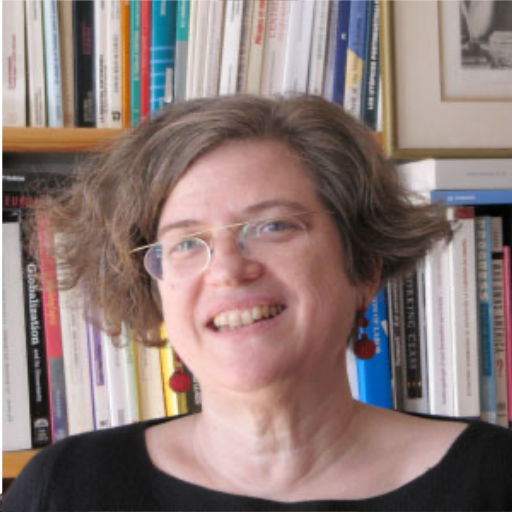
Susana Narotzky (IP)
Professor of Social Anthropology at the University of Barcelona
narotzky@ub.edu
Description
Susana Narotzky is Professor of Social Anthropology, University of Barcelona, Spain. She has been honoured with the National Award for Research in the Humanities “Ramón Menéndez Pidal” by the Spanish Research Ministry in 2020. From 2013-2019 she was PI of a European Research Council Advanced Grant “Grassroots Economics: Meaning, Project and Practice in the Pursuit of Livelihood” [GRECO] to study the effects of austerity on Southern European livelihoods. Her work is inspired by theories of critical political economy, moral economies, feminist economics, and value regimes. She has received a number of grants and fellowships and was invited to be a member of the Institute for Advanced Study (School of Social Science), Princeton (2019-2020). She is former President of the European Association of Social Anthropology (EASA) and has served as Secretary of the American Anthropological Association. Her most recent publication is Narotzky, S. (ed.) (2020) Grassroots Economies: Living with Austerity in Southern Europe, London: Pluto Press.
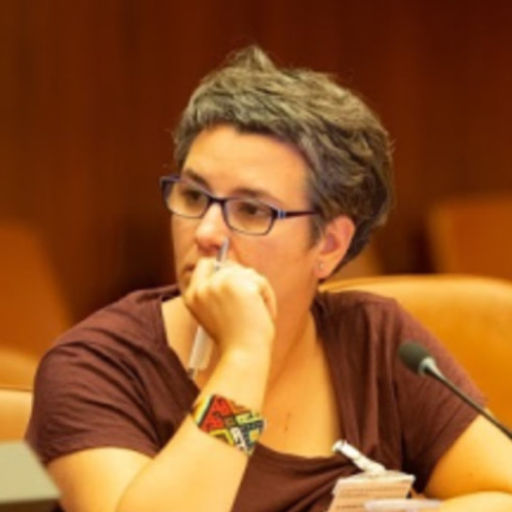
Raquel Alquézar Crusellas
Associate professor at the UdG and interuniversity professor at the UdL-UOC
raquel.alquezar@udg.edu
Description
Raquel Alquézar Crusellas holds a PhD in Social Anthropology from the University of Barcelona. She is currently a course instructor at the UOC and associate lecturer at the University of Girona. Her main lines of research are ethical finance and the social and solidarity economy, as well as cooperativism, social assessment systems, transformative economies and the social market. She collaborates with the social commission of the ethical and solidarity financial systems cooperative, Coop57, and with the Social Balance Commission of XES. She participates as a collaborator in the research project Changing paradigms: practices and discourses of the transformative economies in a context of ecosocial urgency led by Jesus Sanz y Sara Sama from the UCM. He has participated in the latest United Nations (UNRISD) international conferences about social and solidarity economy and its relationship with the SDGs and the 2030 Agenda.
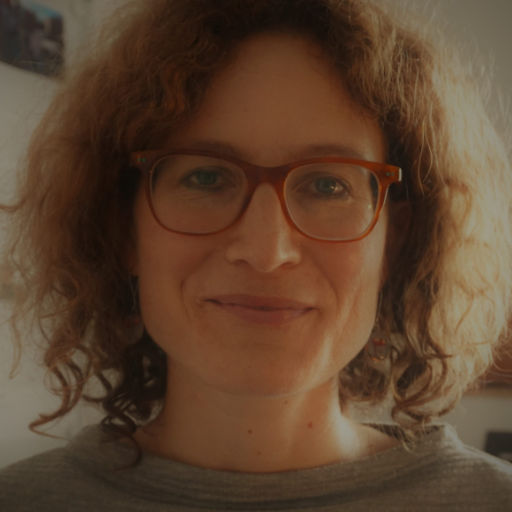
Juliane Müller
Lecturer at the University of Barcelona
juliane.muller@ub.edu
Description
Academia
http://julianemueller.org/
Juliane Müller is assistant professor (Professor Serra Húnter) at the Department of Social Anthropology at the University of Barcelona. Previously, she has been lecturer at the Institute of Social and Cultural Anthropology at the University of Munich and postdoctoral scholar at the University of North Carolina at Chapel Hill (USA). Her areas of interest are economic anthropology, migration studies, the anthropology of sports and Andean ethnography.
Her latest publications include: ’Espacios Transfronterizos de los Andes: Regímenes de regulación, acumulación y distribución entre el estado y los grupos aymara y quechua’ (Dossier in Diálogo Andino. Revista de Historia, Geografía y Cultura Andina 66, 2021, co-edited with Cecilie Vindal Ødegaard); ‘The Limits of Corporate Chains and Brand Management: “Loyalty” and the Efficacy of Vernacular Markets in the Andes (Cultural Anthropology 36(2): 252-281, 2021), ‘Webs of Fiesta-related Trade. Chinese Imports, Investment and Reciprocity in La Paz, Bolivia’ (Critique of Anthropology 40 (2): 238-263, 2020).

Giacomo Loperfido
Post-doctoral Researcher at the ERC funded PACT Project, Tübingen Universität, and visiting Researcher at the University of Barcelona
caneandaluso@gmail.com
Description
Giacomo Loperfido is a post-doctoral research fellow in Political anthropology at the la Eberhard Karl Universität di Tübingen (Germany), within the ERC PACT project (Populism and Conspiracy Theory). He is also affiliated to the SarchI Chair for Social Change, at the Fort Hare University, in South Africa. His work focusses on the intersection between political and economic processes, and revolves around processes of political and cultural change, under the transformative pressure of systemic economic crisis. More specifically, he has published extensively about far right, populism, neofascism, the transformation of ideology in the context of economic crisis, the austerity state, and the rise of populism and conspiracy theory. He is the editor of Extremism, Society, and the State. (ed.), Berghahn Books, New York, London, 2022, and co-editor of Populism and Conspiracy Theory. Case studies and Theoretical Perspectives. With Butter, Hatzikidi, Jeitler, Turza, London, Routledge. He is also the author of “The Everyday States of Austerity. Politics and Livelihoods in Europe”, with Pusceddu, Narotzky, Antropologia, 8:3, 7-23, 2021. “The Entrepreneur’s Other. Small Entrepreneurial Identity and the collapse of life structures in the “Third Italy”, in Narotzky (ed) Grassroots Economies. Living with Austerity in Southern Europe, London: 2020, 173-91, and “What Can Anthropology Say About Populism?”. Anthropology News, 2018.

Seth Holmes
PhD, MD, ICREA Researcher at University of Barcelona.
sethmholmes@icrea.cat
Description
Seth M. Holmes, PhD, MD, is an ICREA Researcher and runs the Project FOODCIRCUITS (ERC 2023-2028) in the Department of Social Anthropology at the University of Barcelona. A sociocultural anthropologist and medical doctor, he conducts interdisciplinary research on social hierarchies, health inequities, and the ways in which such asymmetries are naturalized, normalized, and resisted in the contexts of transnational migration, health care, and agricultural food systems. He has received national and international awards from the fields of anthropology, sociology, and geography, including the Margaret Mead Award.
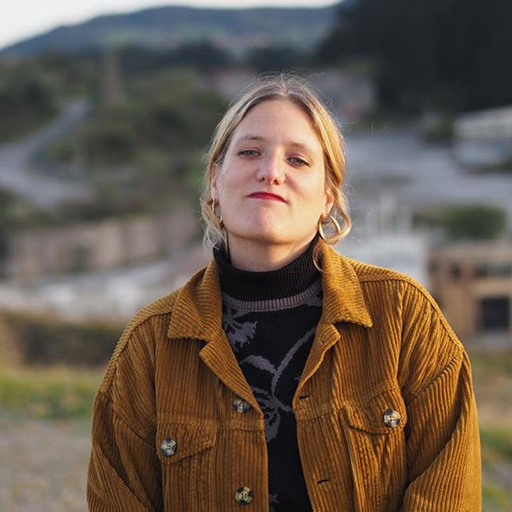
Uzuri Aboitiz Hidalgo
Postdoctoral researcher, Basque Government, CIESAS, Mexico
uzuri.aboitiz@ehu.eus
Description
Uzuri Aboitiz is a postdoctoral researcher (Basque Government 2024-2029) at the Center for Research and Advanced Studies in Social Anthropology (Ciesas, Mexico) and the University of the Basque Country (EHU-UPV). Her research addresses the growing financialization of social reproduction and, in particular, the expressions and implications that the expansion of household debt has for female members of the household. She holds a PhD (cum laude) from the University of Barcelona and her thesis explored the implications of the 2008 crisis and adjustment policies on the lives and life projects of the working classes in a deindustrialized city in the Basque Country.
In addition to the Reciprocity Study Group (University of Barcelona), she is a member of the Feminist Anthropology Research Group (University of the Basque Country) and the International Seminar on the Anthropology of Money and the Economy (CIESAS and University of California). She has taught Economic Anthropology, The World Economic System and Globalization, and Mechanisms and Processes of Social Exclusion and Inclusion, among other subjects, at the University of Barcelona and the University of the Basque Country. She also teaches specialized courses in Feminist Economics for the Basque Women’s Institute (Emakunde). She is currently conducting fieldwork in Mexico with indebted households.
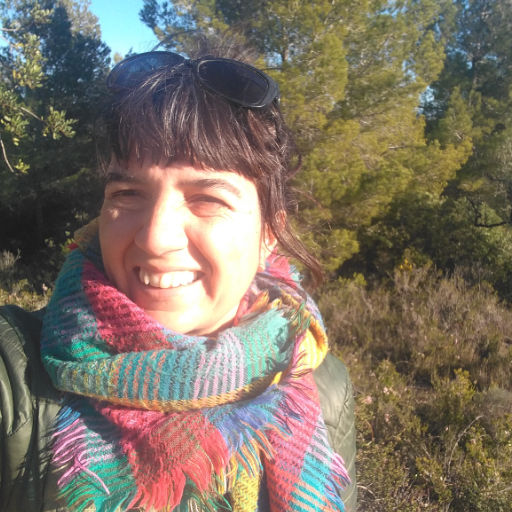
Patricia Homs Ramírez de la Piscina
Postdoctoral researcher at the University of Barcelona
pati.homs@ub.edu
Description
Patricia Homs Ramírez de la Piscina studied Biology and Philosophy at the University of Barcelona (UB). She holds a BA in Advanced Studies in Ecology and a MA in Anthropology and Ethnography from the same university. Her doctoral thesis, ” El dualismo Naturaleza / Cultura en Ecología” (The Nature/Culture Dualism in Ecology), offers a critical analysis of the concepts and interactions between nature and culture from the theoretical discourse of Ecology.
She has been an associate professor in the Department of Social Anthropology (UB) for eight years. She was a member of the research team for the ERC Grassroots Economics project.
Her research focus is economic anthropology, and her specific interests include agroecology, cooperatives, and the social and solidarity economy, especially those experiences linked to agri-food systems.
She is currently a postdoctoral researcher in the Department of Economic History, Institutions, Politics, and World Economy within the Horizon 2030 FoSSnet (Food System Science Network) project, where she conducts research in the field of Food Systems Transformation. She is also a member of FARO (Food Action Research Observatory).
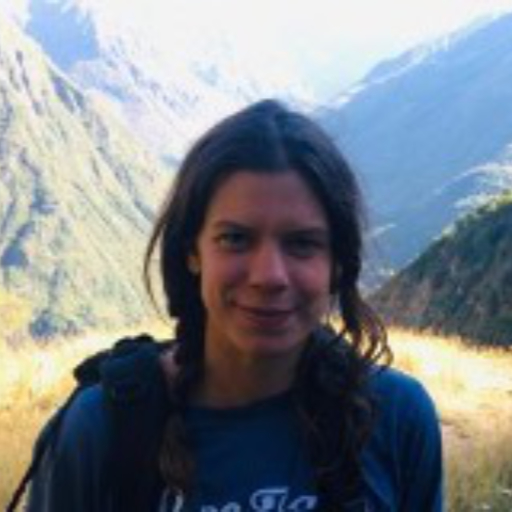
Paula Escribano
Assistant professor at the Complutense University of Madrid
paula.escribano@ucm.es
Description
paulaescribano.com
Orcid
Researchgate
Publons
Paula Escribano is Assistant Professor at the Department of Social Anthropology and Social Psychology at the Complutense University of Madrid. She is part of the Reciprocity Studies Group (GER) at the University of Barcelona, where she leads the line of research on Food Systems alongside Seth Holmes. Recently, Paula participated in designing the Safeguarding Plan for the Conservation of the Intangible Cultural Heritage of Royal Cattle Tracks in Spain (2024-2025).
Her main research areas include (1) political economy, livelihood strategies, informal economies, sociocultural effects of crises, public policies, structural violence and forms of resistance; (2) political ecology, ruralities, (im)mobilities, new forms of peasantry, agrarian change, agroecology, pastoralism, extensive livestock farming and environmental crisis; and (3) qualitative methodologies, fieldwork, participatory research and audiovisual ethnography.
Paula has conducted research in Spain, Hungary and India. She uses ethnographic fieldwork and mixed methods to collect and analyse data. Currently, she is leading the project ‘Ruralities in transition: an audiovisual approach to eco-social tensions in rural areas in Catalonia’, funded by the Fundación Catalana per a la Recerca i la Innovació (FCRI) through the Joan Orò programme. She received a Juan de la Cierva postdoctoral grant (2021-2023) to lead the project Subsistence strategies, neoliberalism and environmental values: short chains of food production and distribution (FJC2020-042879-I) and she participated in the project Valuable food, essential workers, vulnerable people and social responses to crisis: food provisioning systems during the COVID-19 pandemic (FOOD-Pan), PI: Susana Narotzky (UB) (2021-2023), PID2020-114317GB-I00.
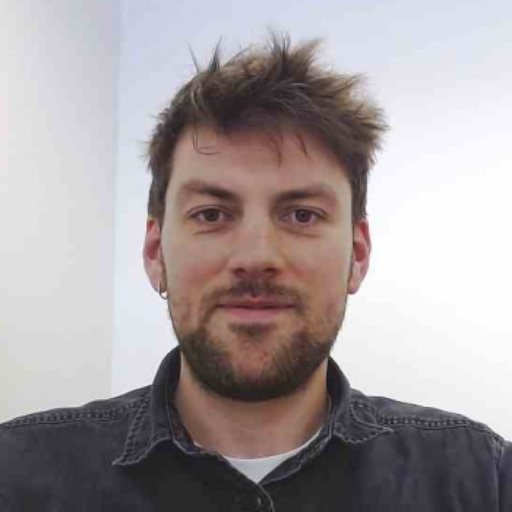
Martin Lundsteen
Researcher Ramón y Cajal at the University of Barcelona.
martinlundsteen@gmail.com
Description
Martin Lundsteen (PhD, MA in Social Anthropology at the University of Barcelona) is currently a Ramón y Cajal Researcher at the University of Barcelona. He has previously been a Beatriu de Pinós researcher at the UB. He has participated in several research projects on Islamophobia and anti-Muslim racism, moral economies and perceptions of justice in the context of economic crisis and peripheral religiosities. He is also a member of other groups such as the Observatory for the Anthropology of Urban Conflict (OACU) and the Stop Islamophobic Phenomena Association (SAFI). His research interests include topics as diverse as political and economic anthropology, informal economy, urban anthropology, mobility, Islamophobia and racism.
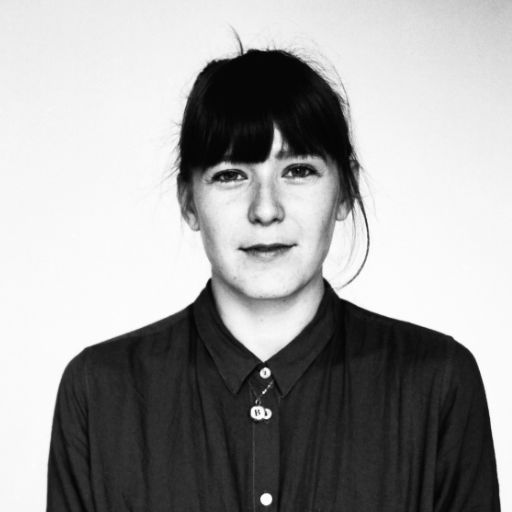
Bibiana Martínez Álvarez
Description
PhD and BA in Social Anthropology from the University of Barcelona. She also have a master’s degree in anthropology and ethnography from the same university. Currently she is part of the research groups GER (Grup d’Estudis sobre Reciprocitat) and GET (Grupo de Estudos Territoriais) of the University of Barcelona and University of Coruña respectively. Her lines of research focus on economic anthropology. Specifically, she uses an approach from political economy that emphasizes the notion of moral economy and concepts such as just price and a decent life (vida digna). These tools allow to research globally and in a historical perspective food production, but also specifically the rural context in Galicia, where family food producers face problems that end up affecting their livelihood strategies to the point of making them disappear.
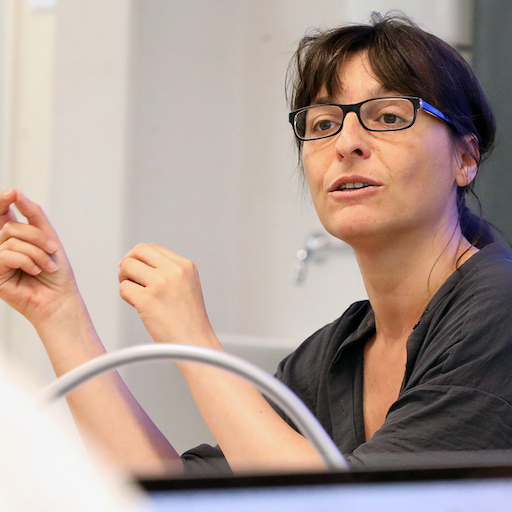
Patrícia Alves de Matos
Researcher at CRIA, Iscte – Instituto Universitário de Lisboa
patricia.r.m.a.matos@gmail.com
Description
Patrícia Alves de Matos is an economic anthropologist trained in Lisbon and London. She is a senior researcher at CRIA/ISCTE – University Institute of Lisbon and an invited lecturer at the Department of Anthropology at FCSH/New University of Lisbon. Her project is titled “Everyday Worlds of Welfare: A Comparative Study of Human Needs, Livelihood Sustainability and Social Policy in Southern Europe”. This project proposes a comparative bottom-up approach to human welfare calculus and welfare sustainability, focusing on the theoretical relevance of the concept of ‘everyday worlds of welfare’ (EWW). I She provisionally define EWW as the historically and locally embedded set of practices, normative livelihood ethics and folk valuation arguments informing how households and individuals define and pursue the fulfilment of tangible and intangible needs (i.e., resources and claims) necessary to secure intergenerational livelihood sustainability. In a context of rising inequalities and the need to enhance the resilience of European welfare states, the EWW concept will outline a more holistic framework of welfare analysis, potentially acting as a valuable compass on the relation between people’s embedded knowledges and social policy interventions. It will foster novel ways to devise greater equity in distributing well-being resources and their sustainability across generations. It will contribute to formulating more inclusive well-being indicators, thus responding to the recent call by leading academics and political agents to shift towards a Wellbeing Economy strategy in a post-COVID world. Her research interests include neoliberalism, precarity and labour; gender, body politics and social reproduction; austerity welfare, needs and moralities of distribution. Manchester University Press published her monograph “Disciplined Agency: Neoliberal Precarity, Generational Dispossession and Call Centre Labour in Portugal” in July 2020.
Names in academic citations: Matos, Patricia; Alves de Matos, Patrícia
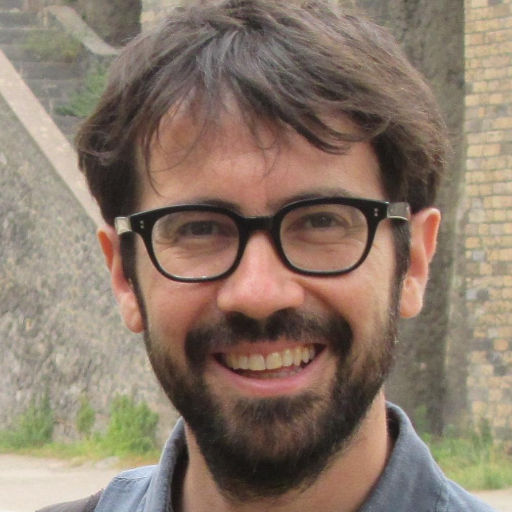
Antonio Maria Pusceddu
Researcher at CRIA, Iscte – Instituto Universitário de Lisboa
ampusceddu@gmail.com
Description
Antonio Maria Pusceddu is a researcher at the Centro em Rede de Investigação em Antropologia, Iscte – Instituto Universitário de Lisboa. He received a PhD in Anthropology from the University of Siena. He has been a post-doctoral researcher at the University of Cagliari and Barcelona, where he was part of the ERC ‘Grassroots Economics [GRECO]’ project. He has carried out extensive fieldwork in Greece and Albania on borders, ethnicity and mobility. His latest field research in southern Italy dealt with livelihoods, crisis and social reproduction. He is currently developing a new comparative research project on popular ecologies in southern Europe. He authored articles in various peer-reviewed journals (such as Antipode, Ethnos, Dialectical Anthropology), book chapters and edited books.

Núria Morelló Calafell
Teacher in the Dept. of Education (GenCat) and member of the OADPI
nuriamorello@gmail.com
Description
Historian, anthropologist and Dr. in Advanced Studies in Social Anthropology. Teacher at the Department of Education (Generalitat de Catalunya) and member of the OADPI (Observatory for the Rights and Autonomy of Indigenous Peoples of Colombia).
His research experience began in 2003 at the Department of Art History and Social History of the University of Lleida (UDL), to study the agricultural labor market in the agro-industry of Lleida. This preliminary work inaugurates a research journey of several phases, which includes training as a FPU predoctoral fellow (2010-2014) in the GER research group and the research stay at the Department of Social Sciences and Economics of the Universidad del Valle, in Cali (Colombia). The research culminates in the doctoral thesis Entre la oportunidad y el deseo. Contratación en origen, codesarrollo y grupos domésticos transnacionales en el mundo rural. El caso Catalunya-Colombia (2016, University of Barcelona). In this, capital-labour relations in the Catalan countryside and its ethnically segmented labor market are studied through processes of introduction of different waves of workers of migrant origin. It also analyzes the implementation of a state system of labor recruitment and control of migratory flows (hiring at origin) and the uses and meanings of remittances from hired people, connecting two areas at a transnational level: the agricultural industry of Lleida and the rural areas of Colombia.
From 2016 to the present, his professional career combines research and dissemination with university and non-university teaching in secondary and high school education. He has taught at the UOC and the University of Lleida between 2015 and 2021, and has participated in research projects in the public sphere and international cooperation. For example, the project Se’n parlave i n’hi havie. La bruixeria al Pirineu i a les terres de Ponent (2015-2017) financed by the Ramon Muntané Institute and carried out by the Network of Museums Lands of Lleida and Aran (XMTLLA). In this he studied the belief in witchcraft and its relationship with processes of stigmatization of rural women, in contexts of inequality. Secondly, the work of research, disclosure and reporting of Human Rights violations as a member of the OADPI (Observatory for the Rights and Autonomy of Indigenous Peoples of Colombia) from 2015 to the present is highlighted. As a researcher and awareness-raising technician, she has done research on the consequences of extractivism and armed conflict on women and indigenous territories in Colombia, in projects funded by the Catalan and Spanish cooperation agencies (ACCD and AECID).
Since 2021, she has been a full-time career teacher at the Department of Education of the Generalitat de Catalunya, specializing in Geography and History. At the same time, it combines research actions, intervention, dissemination and advocacy in institutions. She is an active member of OADPI and the international campaign for the memory of women accused of witchcraft (http://memoriadelasbrujas.net/).
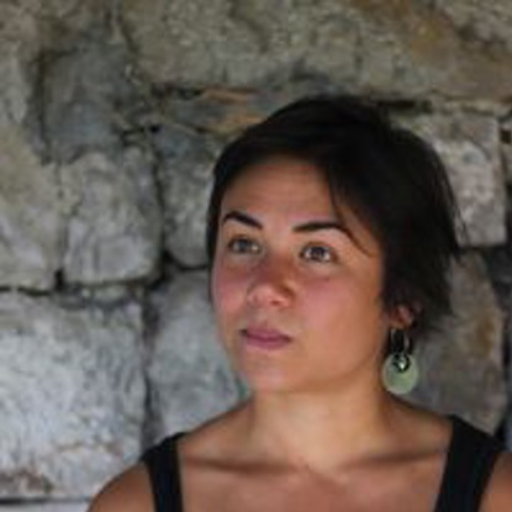
Doris Buu-Sao
Professor at the University of Lille
doris.buusao@univ-lille.fr
Description
Doris Buu-Sao is a lecturer in political science at the University of Lille (France), working on environmental and energy issues from a political ethnography perspective. She is currently on secondment at the Social Anthropology Department of the Universitat de Barcelona for a two-years research project. Funded by a Marie Curie grant, it focuses on mining revival in Andalusia in the context of the energy transition. She is analyzing the production of a “sustainable mining” model by public policy and the territorial embedding of the mining industry, drawing from the case of the copper mine of Riotinto. Previously, she has carried out her PhD research on oil extraction in the Peruvian Amazon, as experienced from indigenous villages neighboring a deposit exploited since the 1970s. She also investigated the links between the energy community movement and the struggle against fuel poverty in United Kingdom, France and Catalonia.
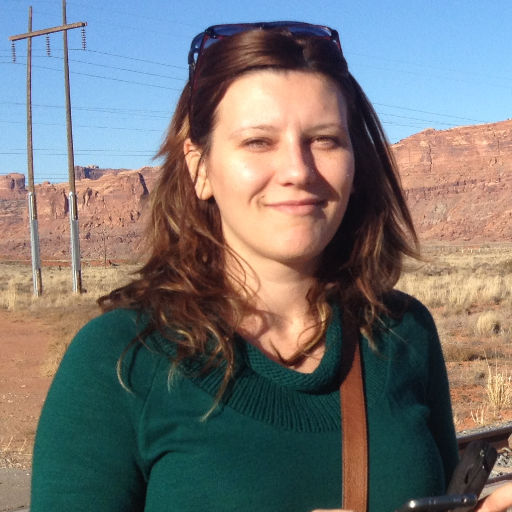
Theodora Vetta
Researcher Ramón y Cajal at the University of Barcelona
theodora.vetta@ub.edu
Description
Academia
Google scholar
ORCID: 0000-0003-4163-9890
Theodora Vetta is a Distinguished Researcher at University of Barcelona. She holds a PhD on Social Anthropology from École des Hautes Études en Sciences Sociales, Paris, and has studied and worked at/with numerous other universities (Aristotle University, Central European University, Lunds University, University of Belgrade, University of Barcelona, Panteion University of Athens, University of Southern Denmark).
She participated in several international projects (ex. Marie Curie program “SocAnth-Anthropology in Central and Eastern Europe” and ERC Advanced grant “Grassroots Economics”), and is currently part of two I+D+I projects: FOOD-Pan – Alimentos valiosos, trabajadores esenciales: sistemas de aprovisionamiento alimentario en la pandemia de covid-19 (2021-2024) and TEVIPROP – Tensions between housing right and private ownership in rental relations (2023-2026).
After completing a Juan de la Cierva –Incorporation contract (Spanish Agency of Investigation), she develops her own research line on energy transition and decarbonization, being Principal Investigator of two projects: Energy Transition as Ecological Regime of Distribution (Greek Ministry of Education 2020-2) and Frontlines of Transitions: Decarbonization and Green marginalities in Europe (Independent Research Fund of Denmark 2023-6, Co-PI).
Since 2015, Theodora serves as a co-Editor at Q1Focaal–European Journal of Anthropology and is a founding member of PrecAnthro Union within European Association of Social Anthropologists (EASA).

Natalia Buier
Researcher Ramón y Cajal at the Complutense University of Madrid
nelibuier@gmail.com
Description
Natalia Buier is a Marie Curie postdoctoral fellow at the University of Barcelona. Her current project focuses on water conflicts in Southwestern Andalusia. Her previous research includes a historical ethnography of the development of Spanish high-speed rail, completed as a member of the Financialisation research group at the Max Planck Institute for Social Anthropology. She has been studying the relationship between infrastructural development, economic crises and capitalist environment-making. She graduated from the Sociology and Social Anthropology Department of the Central European University in 2016 with a dissertation addressing the relationship between historical memory and the liberalization of the Spanish railways. Recent publications include “The Second Coming of Rail: the Spanish High-Speed Rail-Finance Complex” (Antipode, 2020; available at https://onlinelibrary.wiley.com/doi/10.1111/anti.12672) and “High-Speed Contradictions: Spanish Railways between Economic Criticism and Political Defense” (in Assetization: Turning Things into Assets in Technoscientific Capitalism, eds. F. Muniesa and K. Birch, MIT Press, 2020; available at: https://direct.mit.edu/books/book/4848/AssetizationTurning-Things-into-Assets-in)
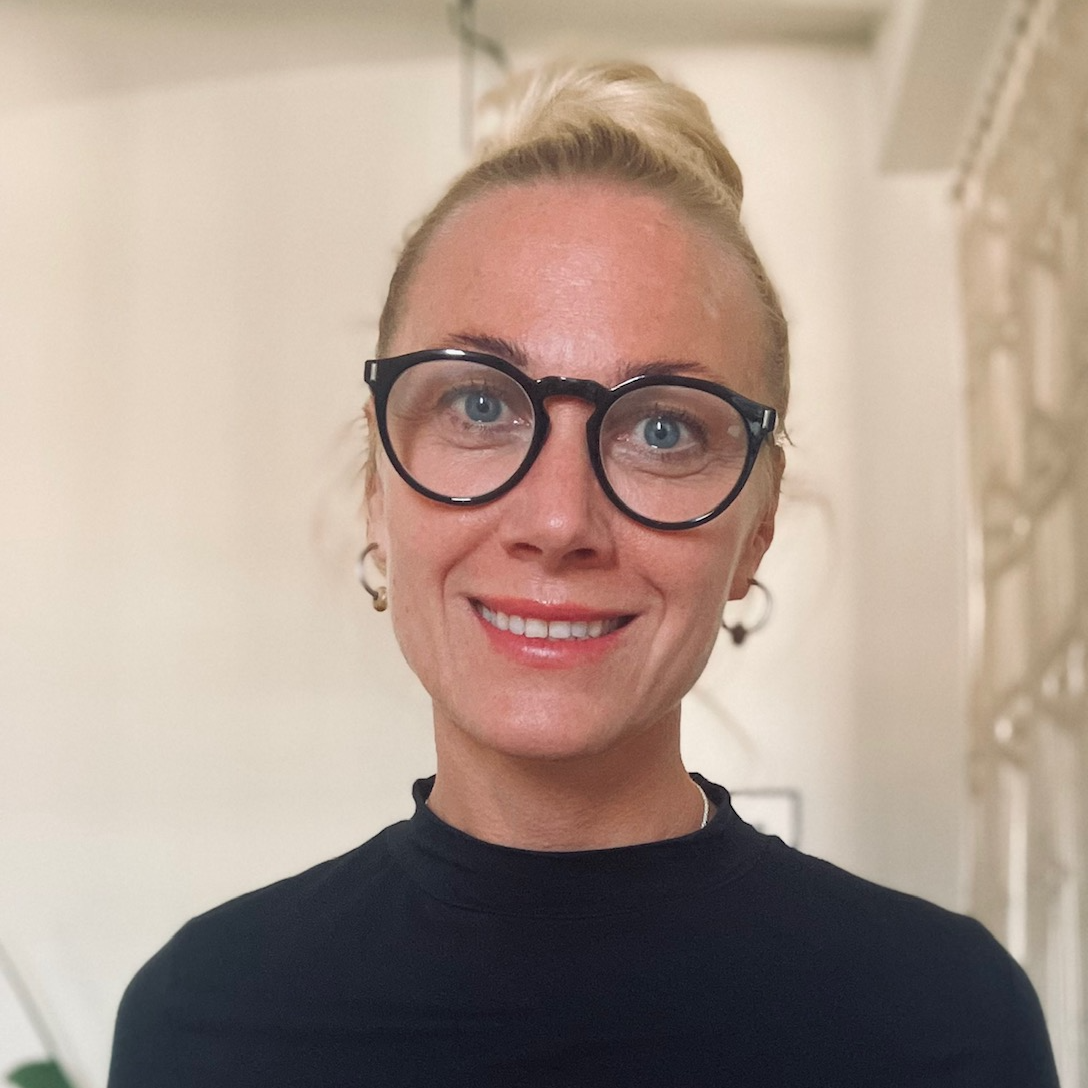
Linn Biörklund
Post doctoral researcher (SSHRC) and visiting researcher, University of Barcelona
lbiorklund@ub.edu
Description
ORCID: 0000-0003-3993-3759
ResearchGate
Linn Biörklund is a postdoctoral research fellow in the Department of Social Anthropology at the University of Barcelona, funded by the Social Sciences and Humanities Research Council (SSHRC, Canada). She holds a Ph.D. in Human Geography and has received numerous research grants and awards. She is also affiliated with the Centre for Refugee Studies and the Centre for Feminist Research at York University. She has extensive experience working with social justice movements and humanitarian NGOs. Her research bridges political geography and anthropology, critical border studies, transnational feminist approaches, and participatory methodologies to redefine violence, bordering, political economies, and care along migratory routes, at extractive sites, and in places of refuge. Currently, she leads a research project titled: Gendered geopolitical economies at “distant” borders: Migrant exploitation in Mexico. Her recent publications include “Decolonizing Feminist Geopolitics with J. Hyndman, in the DeGryter Handbook of Feminist Political Geography; “We pay with our life and our body: Gendered and intimate geopolitics of vias Pa’l Norte” in Political Geography; “Undocumented Bordering Practices: Protagonism and Spaces of Making” in the Journal of Refugee Studies, and “The cuerpo-territorio of disappearances and performative searches across borders” (forthcoming) in López et al. (ed) Rethinking Movements and Socio-Territorial Struggles in Latin America: New Political Languages, Reorganization of Protest, and Collective Horizons Beyond “Development,” Routledge.
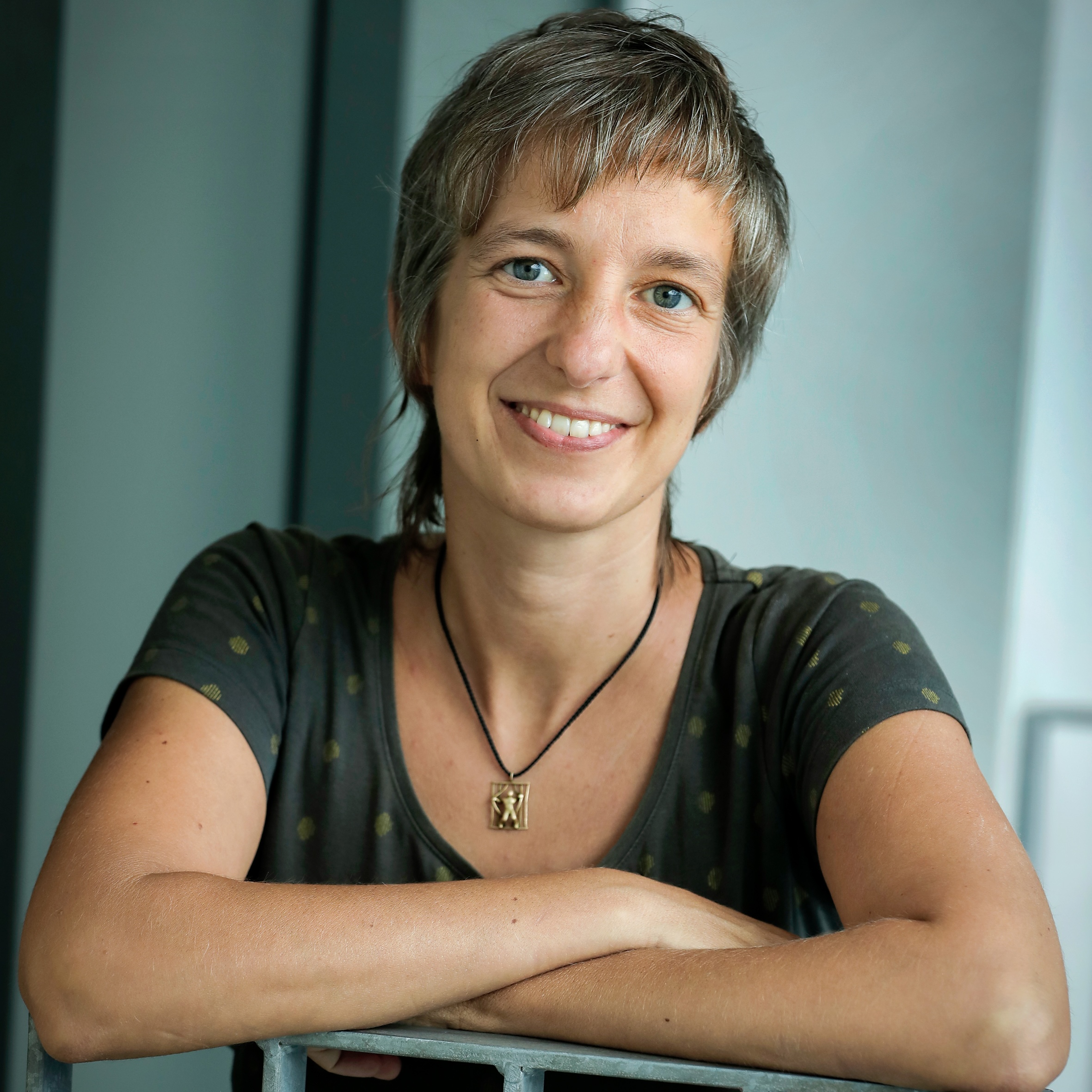
Cecilia Vergnano
Distinguished professor , University of Barcelona
vergnanocecilia@gmail.com
Description
Cecilia Vergnano is distinguished professor at the Department of Anthropology of the University of Barcelona, and principal investigator of the ERC StG project De-CRIPT (An anthropological study of truth wars from marginalised standpoints). Her research focuses on social conflicts in the contexts of mobility, labour, and truth claims, with a specific attention to processes of dispossession and devaluation from a class and race perspective.
Photo credit: Rob Stevens
Postdoctoral researchers
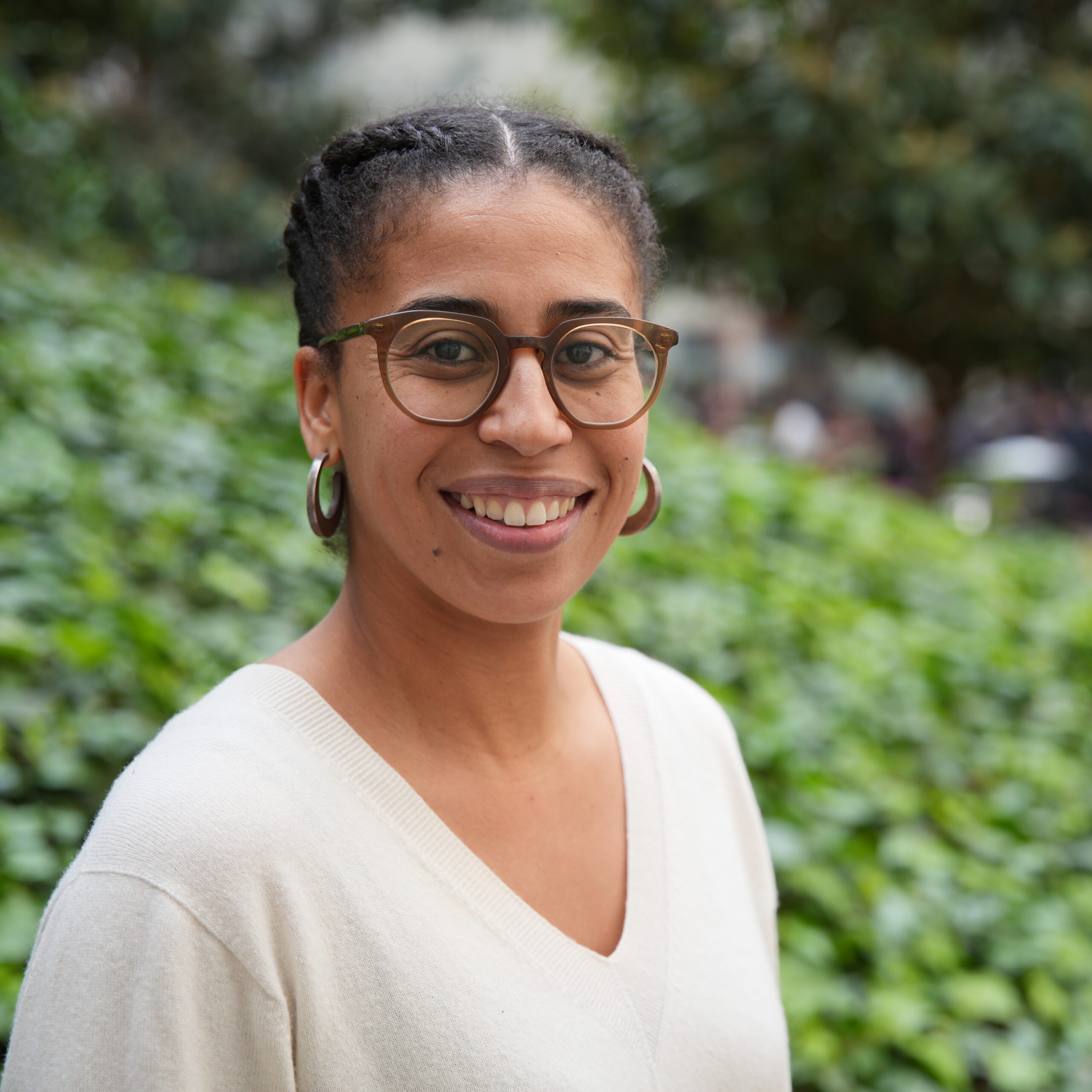
Ana Portilla
Postdoctoral researcher at the University of Barcelona
anaportilla@ub.edu
Description
Doctor in Sociology, Ana Portilla is a postdoctoral researcher in the ERC FOODCIRCUITS project, where she leads research on transnational food systems and the living and working conditions of agricultural and logistics workers. With research experience in the United States, France, and Spain, Ana Portilla has been studying immigrant communities, the trajectories of precarious workers, and interethnic dynamics for over 10 years. Her doctoral thesis, defended at EHESS in Paris, examines how the social resources of immigrants in the United States influence their professional trajectories and the inequalities they face in the country. Previously, she worked as a postdoctoral researcher at INRAe, where she conducted a qualitative study on immigrants’ access to healthcare in rural areas of France as part of the SANTIM project. She has published, among others, in the French journals Actes de la recherche en sciences sociales and La Nouvelle Revue du Travail.
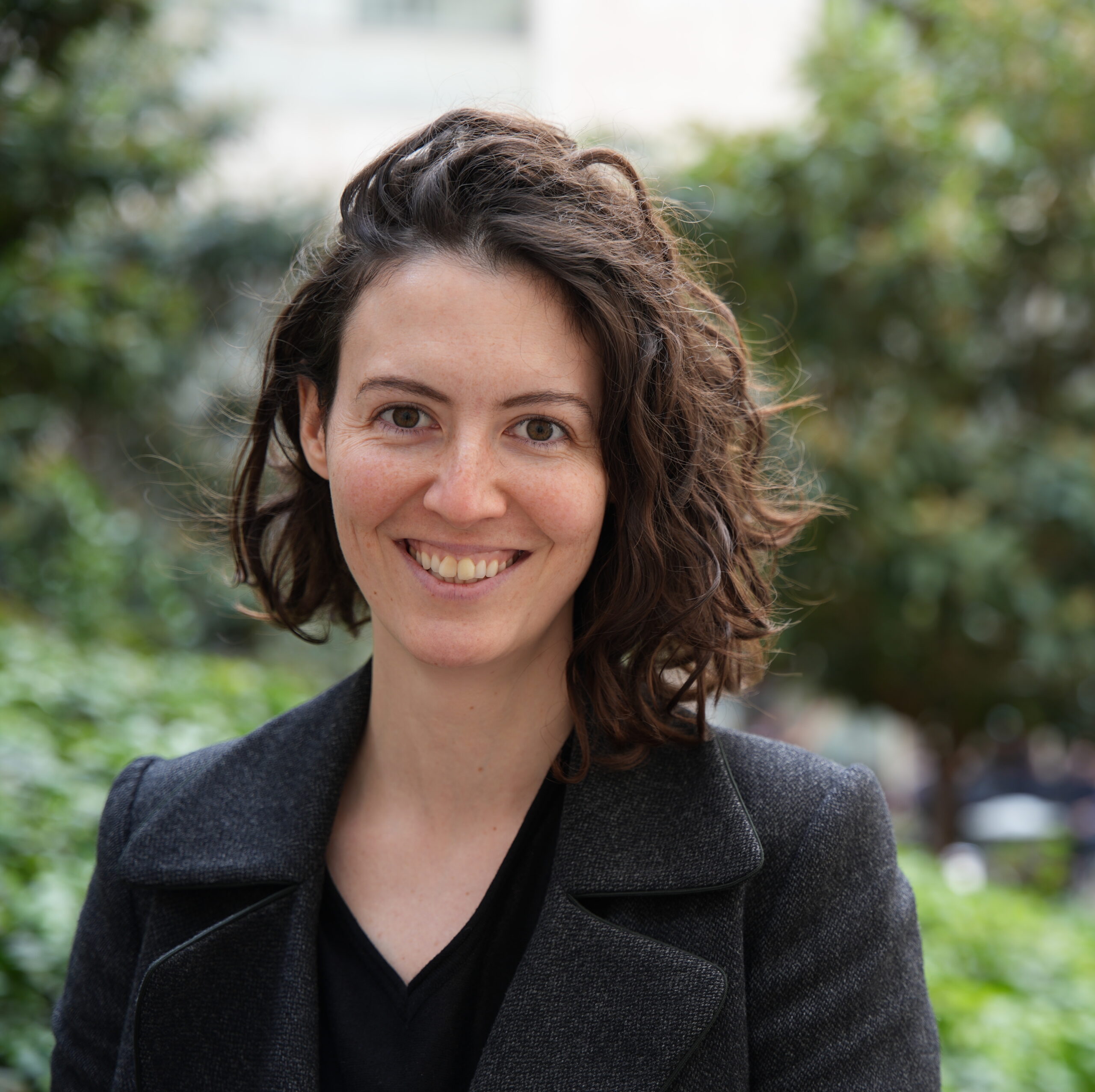
Alesandra Tatić
Postdoctoral researcher at the University of Barcelona
aletatic@ub.edu
Description
Alesandra Tatić is a post-Yugoslav visual anthropologist and feminist advocate, dedicated to supporting the women’s labor movement. She holds a PhD in social anthropology from the Ecole des hautes etudes en sciences sociales. Her work focuses on power dynamics and consensus organizing within minority communities, particularly in migration and border regimes. She co-founded the Wild Pear Arts collective and has co-authored several acclaimed short documentaries. Their debut feature, FLOTACIJA (2023), is currently in distribution and has won awards such as Best First Film at the Festival Jean Rouch, the Grand Prix at Martovski, and the EASA Mantas Kvedaravičius Film Award. It has been acquired for TV broadcast by Al Jazeera Balkans and Radio Television Serbia. Alesandra’s latest project is a feature documentary on the ERC-funded FOODCIRCUITS project, focusing on food workers across seven countries.
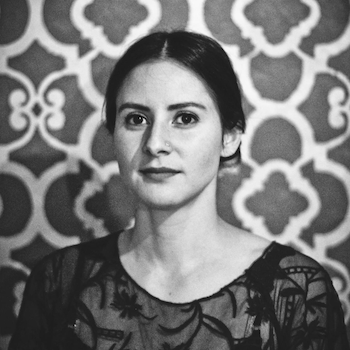
Mael Vizcarra
Postdoctoral researcher at the University of Barcelona
maelvizcarra@ub.edu
Description
Mael Vizcarra is a filmmaker and anthropologist from Tijuana, Mexico. She earned her PhD in the Institute of the Liberal Arts at Emory University, with a specialization in visual anthropology and border studies.
Her visual work explores the invisible forces that shape ordinary life and the liminality of everyday experience. In her previous ethnographic work, Mael reframes debates around borders and mobility by focusing on the emplaced sensory and affective experiences of working people’s bodies, as they labor, perform, and circulate across the Mexico-U.S. border.
Currently, Mael is working as a postdoctoral researcher at the University of Barcelona and a research associate at UC Santa Cruz as part of the European Research Council-funded project FOODCIRCUITS. She is leading the California Strawberries Circuit, studying the embodied production, transportation, and consumption of berries in the U.S. This project traces the movement of strawberries through the hands that cultivate, the arms that transport, and the mouths that consume them, to reveal the connections between workers and society at large.

Lucía Díez Sanjuán
Post doctoral researcher, University of Barcelona
l.diezsanjuan@boku.ac.at
Description
Lucía Díez Sanjuán holds a PhD in Economic History from the University of Barcelona (UB), previously she studied a master in International Economics and Development, as well as the bachelor Degrees in Economics and in Philosophy at the Complutense University of Madrid (UCM). Between 2020 and 2025 she has worked as postdoc university assistant and lecturer at the Institute of Organic Agriculture from the University of Natural Resources and Life Sciences, Vienna (BOKU). Her research focuses on sustainable food systems, agroecology, food sovereignty and critical agrarian studies, applying interdisciplinary approaches and integrating historical perspectives, ecological economics and social metabolism, as well as qualitative methods.
Predoctoral researchers

Paul Sperneac-Wolfer
Pre-doctoral researcher at the University of Barcelona
sperneac-wolferp@ub.edu
Description
Paul Sperneac-Wolfer (MA, Sociology & Social Anthropology, Central European University) is currently working on his dissertation in the Department of Social Anthropology at the University of Barcelona. His research seeks to bring together questions of labor, social reproduction and environmental justice towards understanding contemporary processes of climate adaptation within agrofood production; and related, the recent boom of AgTech technologies in shaping adaptation processes. Methodologically, he draws on multiple ways of conducting ethnography – from embodied, engaged to visual ethnography – to explore these issues in participatory ways. His dissertation is supervised by Prof Susana Narotzky, and Prof Seth Holmes.
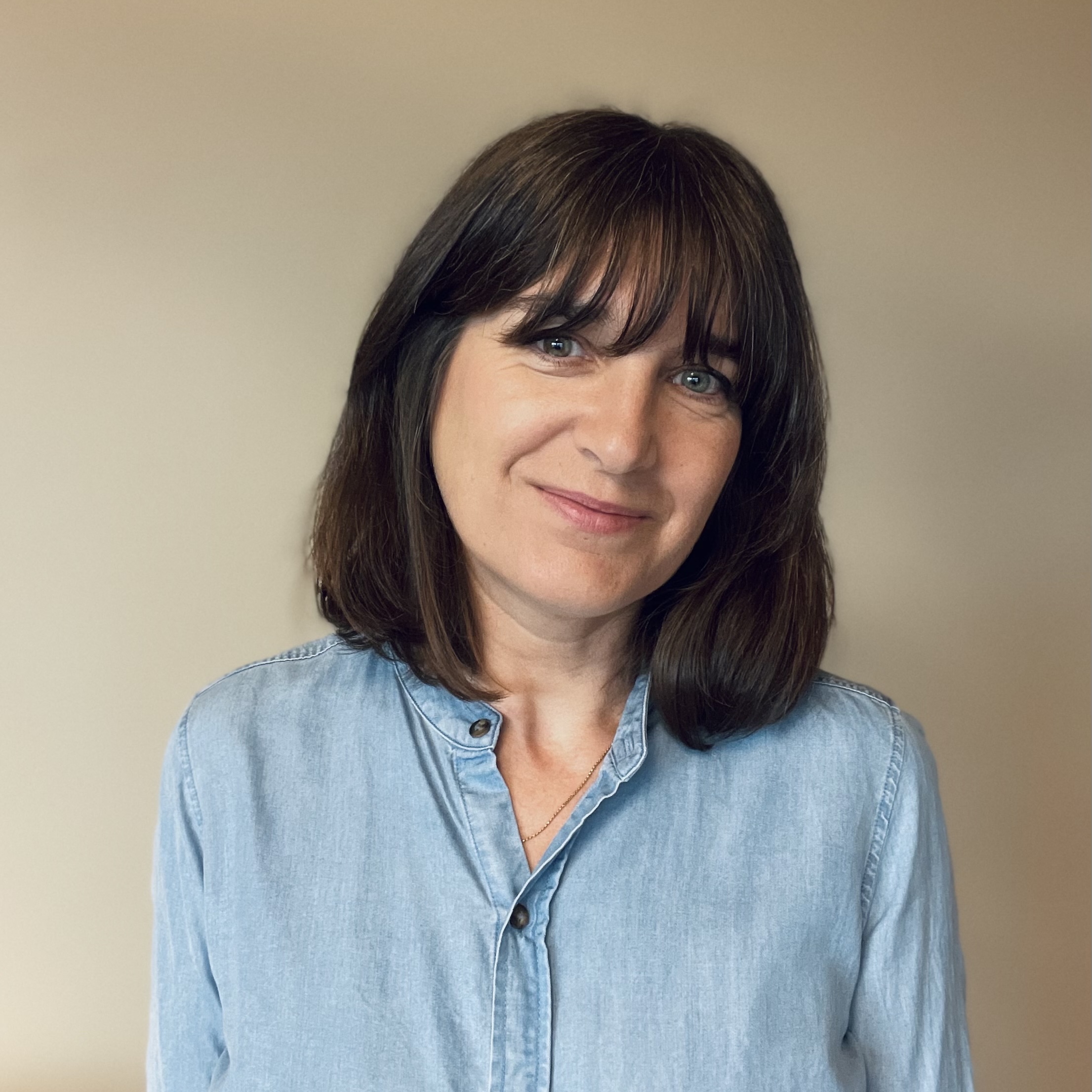
Saila Vilar
Pre-doctoral researcher at the University of Barcelona
saila.mvilarm@gmail.com
Description
Saila Vilar holds a degree in Social and Cultural Anthropology from the University of Barcelona (UB), with a Master’s degree in Anthropology and Ethnography from the same university. She is currently working on her thesis at the Department of Social Anthropology at the University of Barcelona (UB). Her work is framed in theories of political economy, political ecology and feminist economics. She analyses the environmental conflicts in the extraction of natural resources for the energy transition and its impact on the ways of life in coastal Galicia. Her research is based on a critical approach to the concept of sustainability in contemporary processes of climate crisis, the management of natural resources and gender inequalities in coastal regions. Her interests are founded on the study of capitalist processes of socio-environmental transformation in order to explore the tensions between political economic and socio-ecological structures, focusing on the processes of reorganisation of space, nature and social relations. Her thesis is supervised by Dr. Susana Narotzky and Dr. Diego Andreucci.

Núria Soto Aliaga
Pre-doctoral researcher at the University of Barcelona
nuri.saliaga@gmail.com
Description
Núria Soto graduated in Journalism at the Ramón Llull University and holds a master’s degree in Anthropology and Ethnography at the University of Barcelona (UB). She is currently working on her PhD thesis at the Department of Social Anthropology at the University of Barcelona (UB). Her line of research integrates aspects of sociology of work, feminist theory, legal analysis and science and technology. She analyses the impact of algorithmic management on the lives of workers in the tourism ecosystem and their ability to organize and negotiate their labour rights collectively. Her thesis is directed by Dra Susana Narotzky and Dr Claudio Milano.

Wiebke Thomas
Pre-doctoral researcher at the University of Barcelona
wiebke.thomas@ub.edu
Description
Wiebke Thomas holds a BA in European and American Intercultural Studies (Martin-Luther-Universität Halle-Wittenberg), an MA in International Relations (Freie Universität Berlin, Humboldt-Universität zu Berlin and Universität Potsdam) and a Certificate in the postgraduate programme International Cooperation for Sustainable Development (SLE/Humboldt-Universität zu Berlin). She has worked in international cooperation and Education for Sustainable Development (ESD) for seven years. Currently, she works as a research assistant in the project ‘Urban B/ordering in the EU’ and is working on her thesis at the Department of Social Anthropology of the University of Barcelona (UB). Her work is framed in feminist and postcolonial political ecology theories. She researches (in)just urban transitions, analysing processes of green gentrification and urban bordering practices focusing on their consequences for and possible reactions of migrants and racialised people. Her thesis is supervised by Dr. Martin Lundsteen and Dr. Irene Sabaté Muriel.

Fernanda Sciessere
Pre-doctoral researcher at the University of Barcelona. Research support professional at the GER
fsciessere@ub.edu
Description
Fernanda Sciessere Moraes holds a degree in Social Sciences and Anthropology from the State University of Campinas (Unicamp), where she completed her undergraduate research in Urban Anthropology and Gender with a CNPq grant. She has a master’s degree in Contemporary History from the Autonomous University of Barcelona (UAB) and a master’s degree in Social Anthropology and Ethnography from the University of Barcelona (UB). She currently works as a research assistant for the Grup d’Estudis sobre Reciprocitat (GER), under the direction of Susana Narotzky, and is pursuing her doctoral thesis in the Department of Social Anthropology at the University of Barcelona (UB). Her work focuses on theories of racial capitalism, migration, and intersectionality, integrating aspects of sociology, feminist theory, and public policy. She investigates the differential impact of migration on access to housing as a social category closely linked to race/ethnicity and gender. This thesis analyzes the inequalities generated by the migration process and the social relationships linked to housing access strategies, observing the tensions between the institutional mechanisms that intervene in the lives of non-EU migrants. It is supervised by Doctors Martin Lundsteen and Mikel Aramburu.
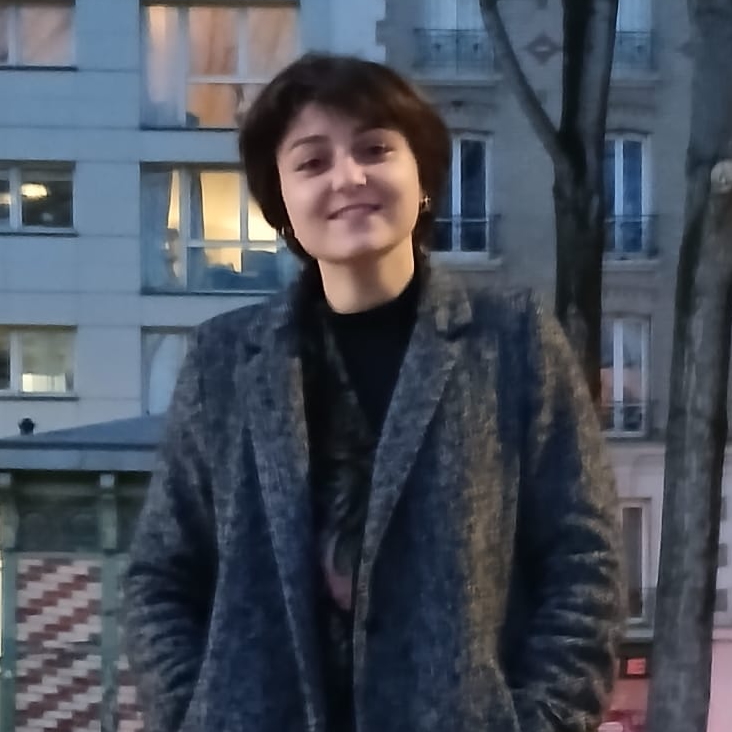
Ginevra Carbone
Pre-doctoral researcher at the University of Barcelona
carboneginevra99@gmail.com
Description
Ginevra Carbone is a doctoral researcher in Social Anthropology at the University of Barcelona. With a master’s degree in Cultural Anthropology from Ca’ Foscari University of Venice, she has conducted ethnographic research in Brazil focusing on the phenomenon of waste picking in the Global South, based on the practices and dynamics of catadores (waste pickers) in Porto Alegre, Brazil. Currently, her doctoral research analyses waste picking in the Global North, with a specific focus on the contribution of gypsy women (chatarreras) to informal waste collection and recycling activities in Barcelona. Her doctoral studies are supervised by Juliane Müller and are aligned with both the RECI project and her research lines, particularly regarding the analysis of the intersections between informal economies, migration flows, and waste-based economic activities. Within the GER, Ginevra Carbone is part of the Popular Economies research line. She is also part of the joint UB-UAB research group “Circular Grassroots Innovations for Sustainable and Inclusive Urban Transitions”, which analyses the contribution of chatarreros (informal waste collectors) in the urban contexts of Barcelona.
Collaborators
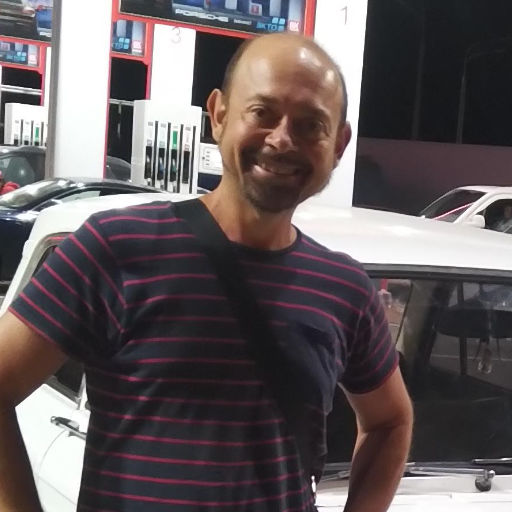
Francisco Arqueros
Researcher at the Antrop Laboratory. Social and Cultural (LASC) University of Almería
f.m.arqueros@gmail.com
Description
I am a researcher specialized in economic and political anthropology and have carried out ethnographic research in Spain and Ireland. My PhD dissertation (Workers Against Institutions, 2011) dealt with the social and cultural construction of precarious work relations in the Irish mushroom industry and the attempts by the trade union movement and organizations of the Third Sector to eradicate underpayment and mistreatment of migrant workers in this industry. Research was supported by an Early Career Postgraduate Scholarship from the Irish Research Council (2004-2007). In 2014, I started a post-doctoral research project on the survival strategies of the unemployed and the underemployed in Spain and Ireland, funded by an ELEVATE Irish Research Council-Marie Curie Actions postdoctoral fellowship 2014-2018.
My post-doctoral work has involved collaboration with the project ‘Grassroots Concepts of Social Justice after the Economic Crisis’ (CONJUST), at the University of Barcelona (UB). To that end, I have been an invited researcher in the Department of Anthropology (University of Barcelona) between 2016 and 2019.
At present my topic of research is the Moral Economy of Social Assistance in Spain.
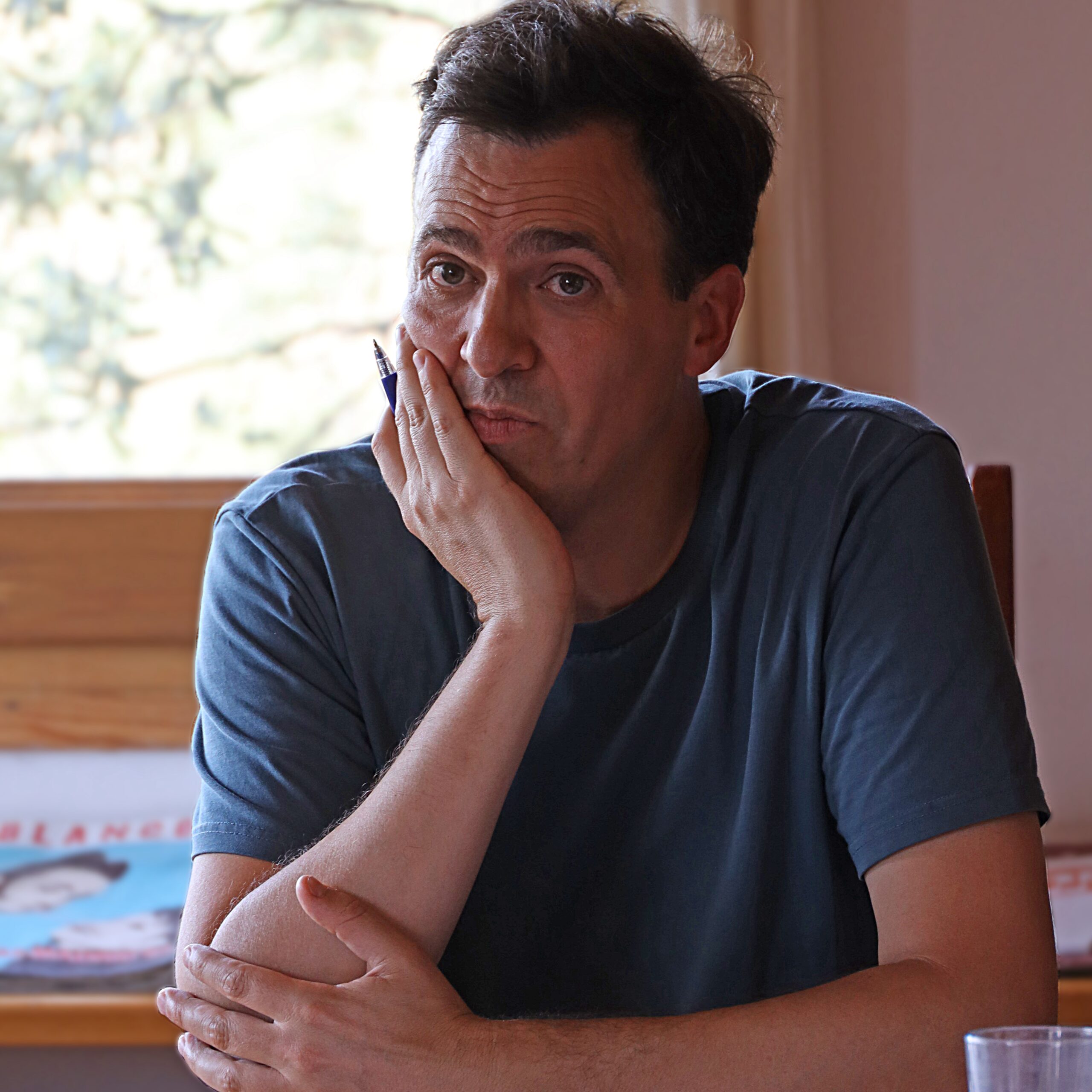
Jaume Franquesa
Associate Professor, University at Buffalo – State University of New York
jaume@buffalo.edu
Description
Jaume Franquesa is Associate Professor and Chair in the Department of Anthropology at the University at Buffalo – State University of New York. His research focuses on the ethnographic and theoretical exploration of the relationship between resource commodification and the making of local livelihoods, paying special attention to the role of state, class and cultural politics in shaping organized and everyday forms of political resistance. Among other topics, he has published on the politics of renewable energy, the rise of authoritarian populism in rural Europe, and urban struggles against gentrification. His latest book is Power struggles: Dignity, value, and the renewable energy frontier in Spain (Indiana University Press, 2018), published in Spanish as Molinos y gigantes. La lucha por la dignidad, la soberanía energética y la transición ecológica (Errata naturae, 2023).

Agata Hummel
Lecturer Institute of Ethnology and Cultural Anthropology – University of Warsaw
a.hummel@uw.edu.pl
Description
Agata Hummel is an associate professor at the Institute of Ethnology and Cultural Anthropology at the University of Warsaw. Her main areas of interest are anthropology of development and post-development, economic and political anthropology. She has a broad experience in research in Mexico on various topics: ethnicity, local economy, development projects and social movements. She is currently studying issues related to agriculture and social movements in Europe and Latin America. Her research in Latin America focuses on post-development initiatives in Peru and Bolivia. In Europe, Dr. Hummel works with neo-peasant movement and agricultural policies, mostly in Spain and Poland. She is also developing participatory research methods. Some of her recent publications include: Hummel Agata, Paula Escribano (2021) The neo-peasant movement in Catalonia: an attempt at defining it in the light of the infrapolitical strategies of resistance (2021); Escribano, Paula; Agata Hummel; José Luis Molina; Miranda J. Lubbers (2020) “Él es emprendedor y yo no; yo soy autónomo”: La diversidad de estrategias de reproducción de los neo-campesinos en Cataluña. AIBR Revista de Antropología Iberoamericana 15(1), 129-156; and Demmer, Ulrich; Agata Hummel (2017) Degrowth, anthropology, and activist research: the ontological politics of science. Journal of Political Ecology 24, 610-622.
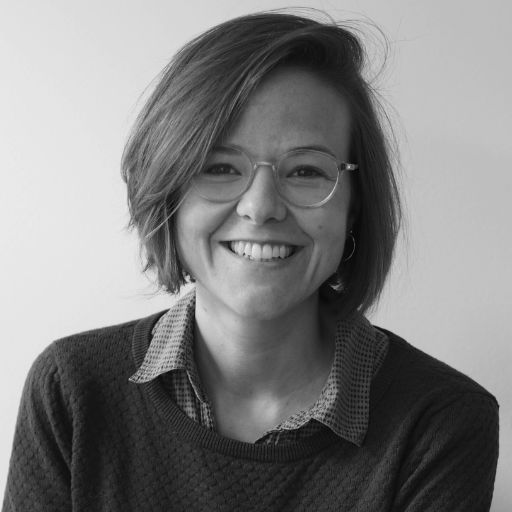
Alba Valenciano
Researcher María Zambrano, Universidad Autónoma de Madrid
albavama@gmail.com
Description
I am a social anthropologist interested in the political economy of the everyday life. My research focuses on the study of systems of provisioning, consumption strategies, power relationships, and material and political extraversion in Central Africa.
I obtained my PhD at the University of Barcelona in 2017 with a thesis entitled ‘The Clothes of Extraversion: Circulation, Consumption and Power in Equatorial Guinea’. During my doctoral training I was visiting fellow at Hofstra University, New York, at the University of Liverpool and at the University of Manchester.
I am currently an associate researcher at the University of Leipzig and I teach Ethnography for the Open University of Catalonia (UOC). In September 2021 I have been awarded a María Zambrano (Ministerio de Universidades) fellowship for attracting international talent affiliated to the Universidad Autónoma de Madrid.
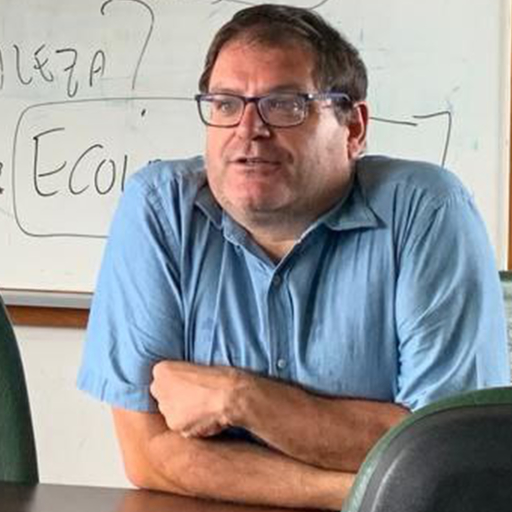
Andrés Pedreño
Full Professor, Department of Sociology and Social Policy, University of Murcia
andrespe@um.es
Description
Andrés Pedreño Cánovas is Professor of Sociology at the University of Murcia. He was a member of the Podemos party in the Regional Assembly of Murcia during the 2015-2019 legislature. He is also editor of the journal Sociología Histórica published by the University of Murcia. His teaching focuses on Classical and Contemporary Sociological Theory, and he researches in the fields of Rural Sociology, Sociology of Migration and Sociology of Work. He is the author of numerous books and specialised articles, including Del Jornalero Agrícola al Obrero de las Factorías Vegetales (Madrid, 1999); La Condición Inmigrante (Murcia, 2005); De Cadenas, Migrantes y Jornaleros: los territorios rurales en las cadenas globales agroalimentarias (Madrid, 2014); and the collective research Bienvenidos al norte. Explotación de la nueva emigración española en el corazón logístico de Europa (Madrid, 2020). He promoted the blog Sociología en Cuarentena as a sociological observatory of the social trends of the months of confinement during the viral pandemic. His most recent book: Covid-19 and Social Change in spain (Routledge, 2022; edited together with Carlos de Castro and Marta Latorre). He currently holds four six-year research fellowships.
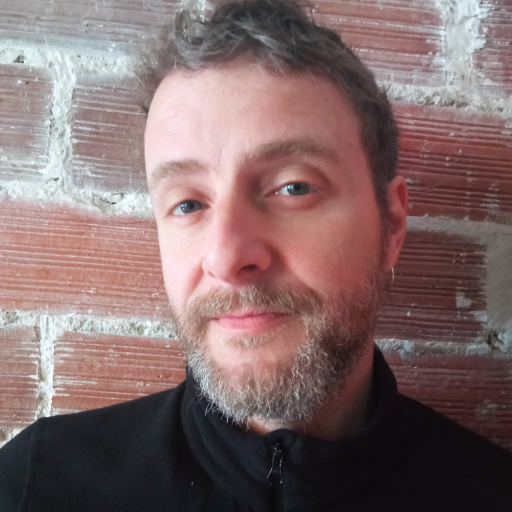
Antonio J. Ramírez Melgarejo
Professor at the Complutense University of Madrid
antramir@ucm.es
Description
https://produccioncientifica.ucm.es/investigadores/141205/detalle
https://www.researchgate.net/profile/Antonio-Ramirez-Melgarejo
Antonio J. Ramírez Melgarejo is Member of the Charles Babbage Research Group in Social Sciences of Work. Degree and PhD in Sociology from the University of Murcia. Trained in sociology in a peripheral territory where the boundaries between formal and informal work are blurred. Consequently, his research interests mainly include the world of work from a broad perspective, which includes migration, rurality, gender and technologisation.
With an FPI grant and under the supervision of Andrés Pedreño, she worked on her thesis in which she tried to understand the reproduction strategies of the working classes in an eminently agro-industrial territory. He has carried out several research stays outside Spain, mainly with leading researchers from the French school of sociology of work, has participated (and participates) in research projects (R+D+i and others) and has published scientific articles in journals of impact, as well as book chapters, as required by a university career and commitment to the profession. He is currently involved in several projects of different kinds with the common nexus of social relations mediated by work. He believes that all knowledge is the product of collective work and is on the road to further learning.
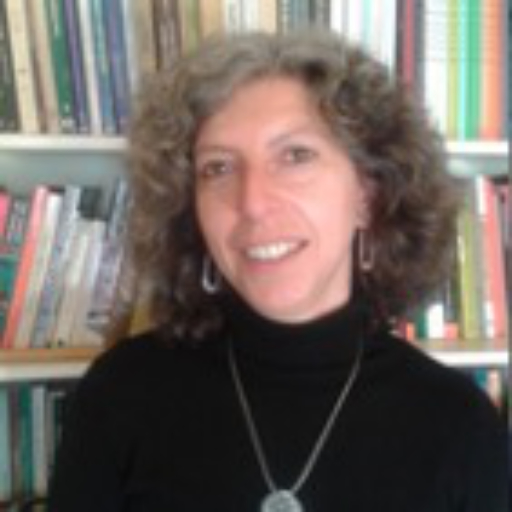
Antónia Pedroso de Lima
Associate Professor Added, ISCTE-Instituto Universitario de Lisboa
plima.antonia@gmail.com
Description
Antónia Pedroso de Lima graduated in Anthropology at ISCTE- University Institute of Lisbon (1987), has a MA in Urban Anthropology from Barcelona University (Tarragona, 1991) and a Ph.D. from ISCTE (University of Lisbon 2001). She is Professor at the Department of Anthropology at ISCTE since 1989, former President of CRIA, the National Research Centre in Social Anthropology (Portugal) and member of the scientific Committee of Openedition (CNRS) and LusOpenedition (Lusophone Countries) and was member of the National Committee for the Intangible Heritage (Portuguese Ministry of Culture). Specialist on kinship theory and contemporary family relations Antónia Lima has published numerous papers on Portuguese urban family, focusing both on working class neighbourhoods of Lisbon and on the Portuguese economic elite. Her present research interests are on Contemporary family relations, Gender, Care and Crises.
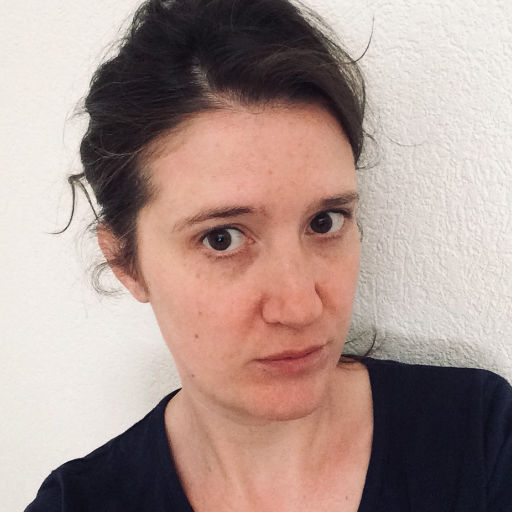
Corinne Schwaller
Postdoctoral researcher University of Bern
corinne.schwaller@anthro.unibe.ch
Description
Corinne Schwaller is an assistant and postdoctoral fellow at the Institute of Social Anthropology at the University of Bern, Switzerland. She studied Social Anthropology, History, and German as a Foreign Language at the universities of Bern, Fribourg and Barcelona. For her PhD she investigated the shifting forms and meanings of work in (post-)crisis Spain through the experiences and narratives of highly educated young adults in Barcelona in the context of prolonged precarity. Her thesis explores both the structural and historical underpinnings of context-specific conditions of precarity, and the complex ways in which differently positioned social actors experience, make sense of, react, and contribute to the current transformations of work. Her research interests include anthropology of labour and social reproduction, precarity, meanings of work, care work and the health care sector, and regimes of value and morality.

Valeria Siniscalchi
Director of Studies at EHESS: Anthropology of economies
valeria.siniscalchi@ehess.fr
Description
Valeria Siniscalchi obtained her PhD in 1996 at the University of La Sapienza (Italy). She is Professor at the Ecole des Hautes Etudes en Sciences Sociales (France) and she directs the Doctoral Program in Social Sciences EHESS-Marseille campus. She has been President of the European Association for Social Anthropologists – EASA (2017-18). Her first research in Southern Italy (1990-2000) focused on the conceptions and practices of the economy and their political dimension. Between 2000 and 2004, she worked in the South East of France on the relationship between economy, power and identity in protected areas. Since 2007 she has been conducting an ethnographic research on the international Slow Food movement. She works on food activism and on the construction of political spaces through the economy: the vegetable basket systems in the South of France and, in Sardinia (Italy), the regulation and circulation of cheese productions and their political and economic stakes. She is co-editor of Food Values in Europe (with Krista Harper), and of Food Activism: Agency, Democracy and Economy (with Carole Counihan).
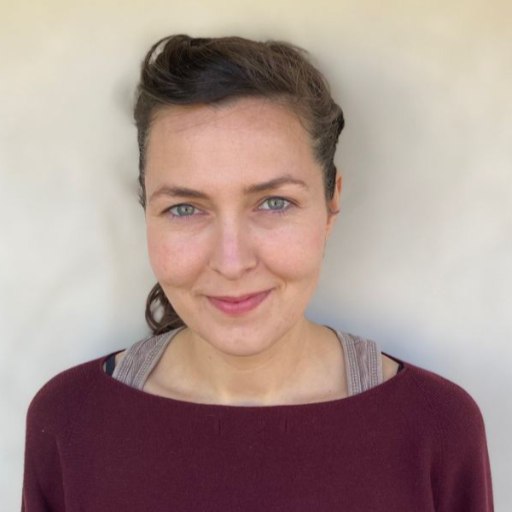
Ieva Snikersproge
SNF research fellow at the University of Neuchâtel
Description
Ieva Snikersproge is a SNF research fellow at the University of Neuchâtel. She works on broadly-conceived alternatives to capitalism: the very mundane ways in which they are imagined, put into practice, and lived and challenged. In doing so, she aims to highlight the evolving forms of present-day capitalism and the radical imagery to which it gives rise. More specifically, she has investigated factory takeovers, alternative currencies, commons, cooperatives, and the modern return-to-the-land movement in France. Her fieldwork has led her to raise more analytical questions about the evolving forms of work and post-work imageries in capitalist countries, what kinds of collective action are feasible and fruitful for maintaining alternative projects over the medium and long term, and the enormous diversity of modern back-to-the-landers and how phenomena-turned-symbols – such as the countryside, nature and indigenous people – inspire alternatives capable of mobilizing a large diversity of people. From an anthropological perspective, Ieva has also investigated how ecological alternatives redefine work and reproductive work, and how anthropological knowledge is and could be mobilized for transiting to post-growth economies. At the moment, she is conducting a research project on how ecological alternatives affect the gendered division of labour at the University of Neuchâtel.

Jordi Gascón
Lecturer Professor, Department of Social Anthropology, University of Barcelona
jordigascon@ub.edu
Description
Jordi Gascón is PhD in social anthropology at the University of Barcelona, he’s specialized in rural studies. His areas of research are the impacts of tourism in the rural world and sustainability in the agri-food cycle. Since 1990 he has been conducting research in the Andean Area (Peru and Ecuador), and in the Iberian Peninsula since 2014. His lines of research are the impact of tourism in the rural world, the formation of pluriactive rural economies, agrarian policies in Latin America and the externalities of hegemonic agricultural models. Professor at the University of Barcelona, he has also been a professor at the University of Lleida, and senior researcher at the Institute of Higher National Studies (IAEN) of Ecuador. Previously, for more than twenty years, he worked in development cooperation, in projects aimed at defending the right to food sovereignty. He is a researcher at the Research Group “Anthropology of Contemporary Crises and Transformations (CRITS)” of the University of Barcelona, and a member of the Xarxa de Consum Solidari, an NGO specialized in the defense of food sovereignty.
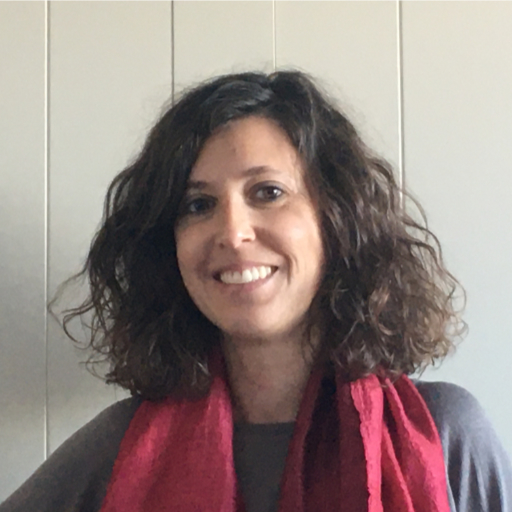
Alicia Reigada
Full Professor, Department of Social Anthropology, University of Seville
aliciareigada@us.es
Description
Alicia Reigada is Associate Professor in Social Anthropology at the University of Seville, and member of the GEISA Research Group. Her studies focus on agri-food global chains, social organization of labor, migrations and gender relationships. She has participated in several international networks and projects, and has been as visiting scholar at the Universidad Nacional Autónoma de México (UNAM), University of California, Davis, Universidad Federal Rural de Río de Janeiro (UFRRJ), and City University of New York (CUNY), among others. Some of her recent publications are: Historia, trabajo y territorio. El conflicto capital-vida en los campos de fresas de Huelva (2023, Universidad de Barcelona); “A link in global agrifood chains: recruitment policies, work, and sexuality in the strawberry fields of Andalusia (Spain)” (2022, Current Anthropology); La producción de la calidad en el sector agroalimentario: un análisis sociológico (C. de Castro, A. Reigada y E. Gadea, eds. 2022, Tirant lo Blanch).
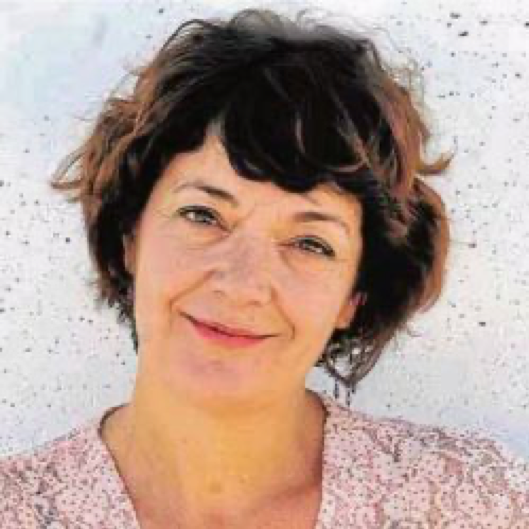
María Giménez Casalduero
Associate Professor, Department of Administrative Law, University of Murcia
mariagim@um.es
Description
María Giménez Casalduero is Associate Professor in the Department of Administrative Law, University of Murcia. Member of the research team at the New Water Culture Foundation.
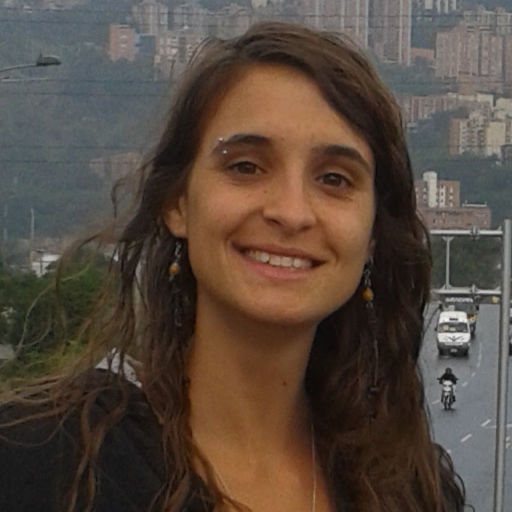
Luisina Gareis
Description
Graduated in Anthropology from the Facultad de Ciencias Naturales y Museo de la Universidad Nacional de La Plata (UNLP). MA in Social Anthropology from the Centro de Investigaciones y Estudios Superiores en Antropología Social (CIESAS-DF), México. Currently, she is pursuing a PhD in Anthropology at the Facultad de Filosofía y Letras de la Universidad de Buenos Aires (UBA) and a PhD in Society and Culture at the University de Barcelona (UB). She has been awarded a doctoral scholarship by CONICET working on the Lab on Culture and Society (LECyS) led by Prof. Mariana Chaves. She is co-director of an extension project on community communication with rural youth. Her research focuses on work experiences of young people living in rural borderlands of Misiones, Argentina. She carries out research collaborately with peasant social movements.
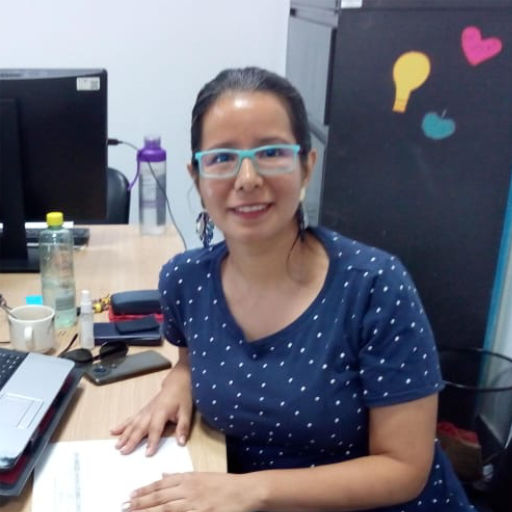
María Fernanda Palomino-Martínez
Description
My career is on finance and international business. I have taught at public and private universities in Colombia for more than 12 years. I decided to study Social Studies to innovate the different forms to inquire into financial issues, traditionally dominated by the Economic Sciences. My academic training in Sociology provided me with a theoretical and methodological approach (especially with qualitative techniques) around the topics of indebtedness, money, consumption, family and households. In my PhD research at Society and Culture, through quantitative and qualitative methodologies, I seek to understand the social fabric that influences behavior of low-income groups regarding indebtedness in the formal and informal financial markets, including the different social agents that are part of the credit system.
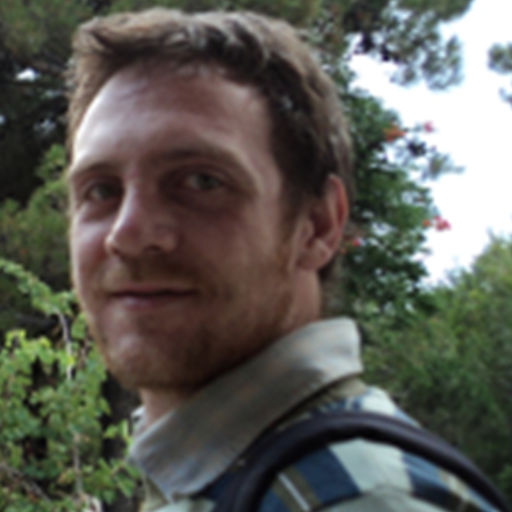
Stamatis Amarianakis
Collaborating teacher, Panteion University, Athens
st.amarianakis@panteion.gr
Description
Stamatis Amarianakis has conducted research in Greece focusing on the social dimensions of the economic life during the recent Greek Economic Crisis. From 2014-2019, he worked for the ERC funded project “Grassroots Economics: Meaning, Project and Practice in the Pursuit of Livelihood (GRECO)”. His main research site is in Chalkida, Greece, a mid-sized post-industrial city where he studied the social, economic and political transformations and the impact they have had on the ways people make a livelihood. He received his PhD from the university of Barcelona entitled “Authoritative Models and Grassroots Responses to Crisis: Reconfigurations of Everyday Life in Chalkida, a Postindustrial Greek City”. His research interests include Political Economy, Economic Solidarity, Informality, Social Reproduction, dis-alienation, reciprocity, neo-substantivism and commodity fetishism.
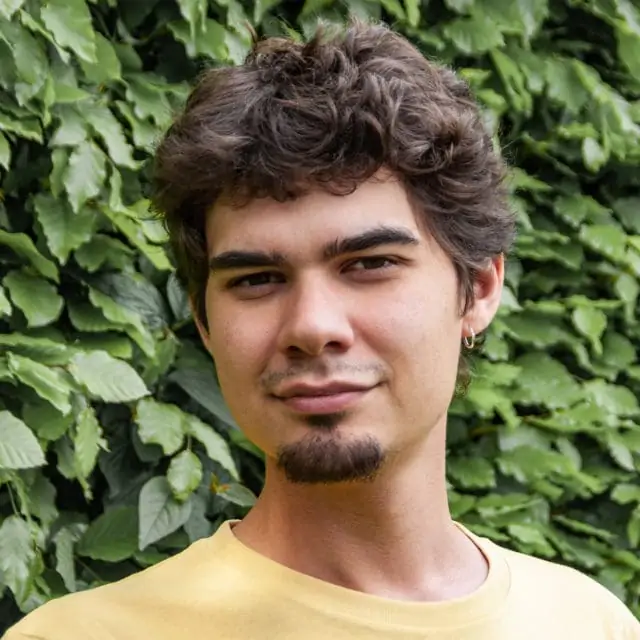
Pol Llopart i Olivella
Predoctoral researcher at the Geneva Institute of Graduate Studies
pol.llopart@graduateinstitute.ch
Description
Pol Llopart i Olivella is a PhD candidate in Social Anthropology and Sociology at the Graduate Institute in Geneva (IHEID), within the project Quiet Aid: Service and Salvation in the Balkans-to-Bengal Complex. His work focuses on the intersection of religious and economic processes, and revolves around forms of humanitarianism and moral economies. More specifically, he has conducted fieldwork in the Balkans on vernacular and humanitarianisms from below in the southwestern of Serbia among Bosniak Muslims. Previously, he completed a master’s degree at the University of Copenhagen in Social Anthropology, where he presented a thesis on the transformation and conflict of “sacred landscapes” looking at the resurgence of Sufi orders. He also obtained a degree in Social Anthropology from the University of Barcelona.